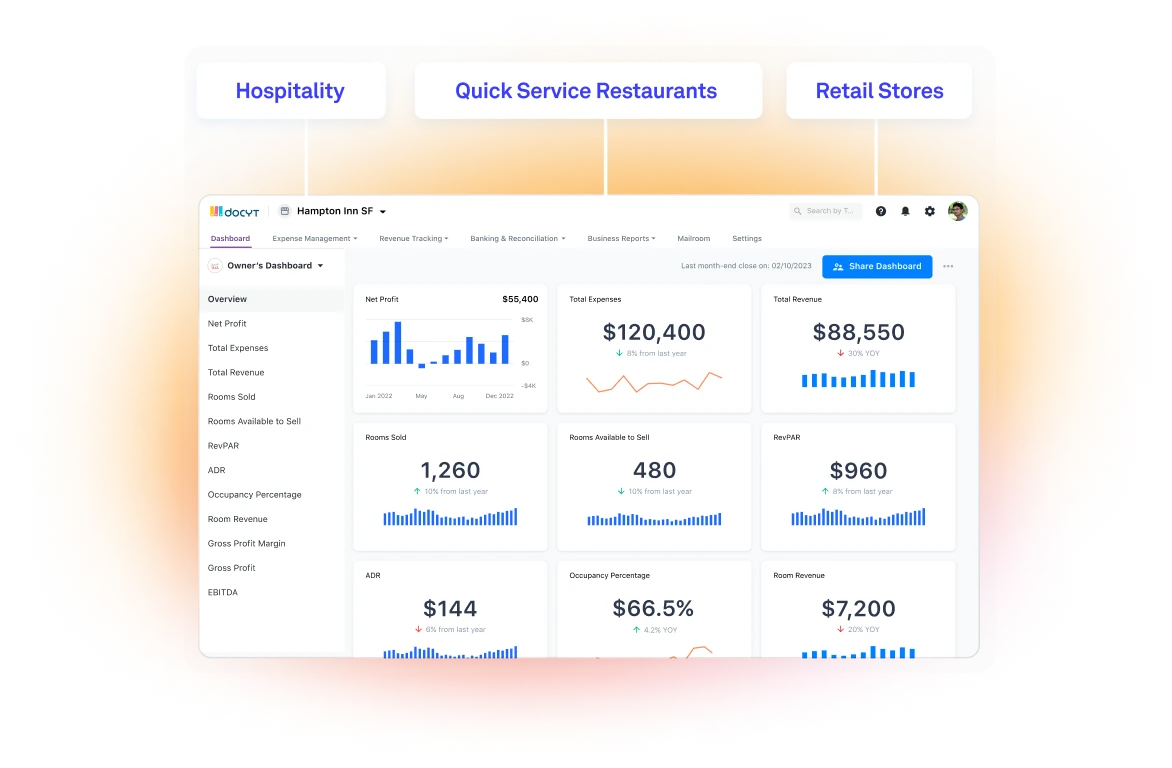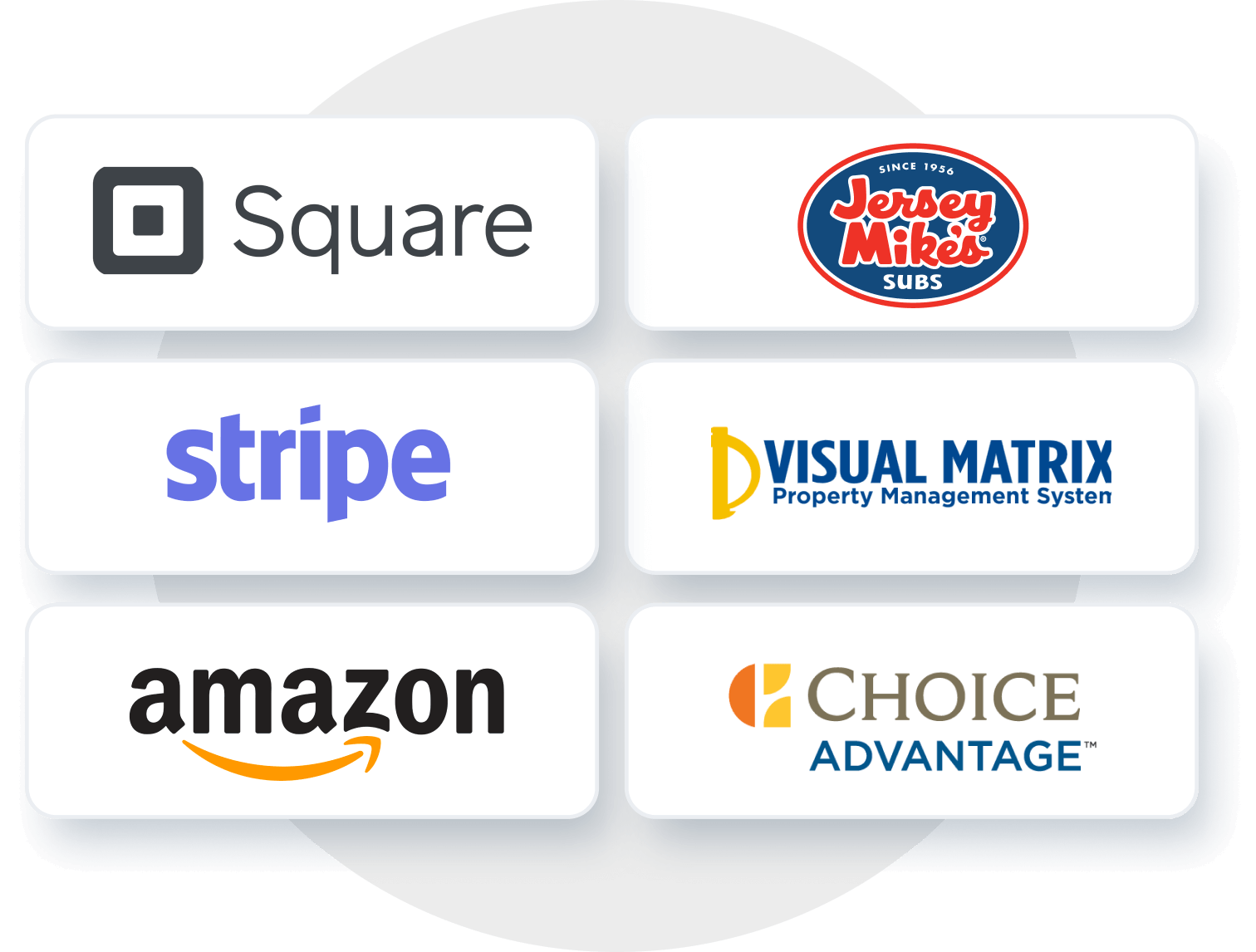Bookkeeping is a fundamental pillar of any successful business. It helps you keep your financial records in order and comply with relevant tax regulations, influencing informed decision-making in the long run. Today, in the digital age, limiting your operations to spreadsheets and manual journal entries will adversely impact your business.
The automation, accuracy, and real-time insights offered by AI-powered bookkeeping software are tailored to meet contemporary business and finance goals. However, for such a wide range of choices, how do you select the best software for your industry? Consider the following factors before choosing an accounting automation software for your business.
1. Understand Industry-Specific Needs

Each industry has different bookkeeping requirements. For instance:
- Retail and eCommerce: Businesses require software that compliments the point of sale (POS) systems, tracks inventory, and handles sales tax.
- Hospitality: Service providers use bookkeeping software to manage revenue, expenses, and occupancy efficiently while ensuring compliance with tax regulations.
- Accounting Firms: Financial service providers use bookkeeping software to maintain accurate financial records, streamline the billing process, and manage multiple client accounts simultaneously.
- Quick Service Restaurants: An efficient bookkeeping software plays a vital role in tracking sales, payroll, and inventory for quick service restaurants.
- Franchise Businesses: These firms use bookkeeping software for consistent financial tracking, royalty payments, and consolidating data across multiple franchise locations.
2. Software Features Complementing the Business

While specific needs vary, certain features are universally beneficial:
- Automation: Repetitive tasks such as invoicing, payroll, and tax calculation can be automated by AI, saving time and reducing errors.
- Integrations: Seamless integration features with other software (such as CRM, inventory systems, or eCommerce platforms) enhance the flow of data.
- Scalability: Choose software that will scale with your business. If you’re about to grow, make sure the tool can accommodate more users, transactions, or more advanced functionalities.
- User-Friendly Interface: An interactive design reduces your team’s learning curve, making it easy to use.
- Industry-Specific Financial Reporting: You get detailed reports on cash flow, profit and loss, and balance sheets to remain on top of your finances. Gaining hands-on financial updates influences better decision-making.
3. Cloud-Based vs. On-Premise Solutions
Bookkeeping software comes in two main formats – cloud-based and on-premise. Here’s how they compare:
- Cloud-Based: Perfect for remote teams, it’s accessible from anywhere with an internet connection. It provides automatic updates, data backups, and sometimes less upfront costs.
- On-Premise: Running on local computers gives you more control over data security. It has higher initial costs but requires manual updates regularly.
Cloud-based systems often provide more flexibility and are generally easier to use than on-premise solutions.
4. Consider Your Budget
The price of AI-powered bookkeeping software depends on what you want to get from the solution and how big of a solution you need. Here’s a rough breakdown:
- Free or Low-Cost Options: These systems are ideal for freelancers or small businesses with minimal needs.
- Mid-Range Solutions: If you’re growing your business, mid-range software offers more features and flexibility.
- Enterprise Solutions: If you are a larger business, you may find yourself needing more advanced tools Docyt, which are affordable and enhanced with customized options.
Keep in mind that the subscription fee is just the tip of the iceberg. Therefore, consider additional factors like extra users, advanced reporting, or integration assistance before making the final purchase decision.
5. Support and Training
Without proper support, even the best software can be difficult to navigate. Look for providers that offer:
- Comprehensive Training Resources: For your team to get up to speed quickly, tutorials, webinars, and documentation can assist.
- Responsive Customer Support: Check if the vendor provides support through different channels such as phone, email, and live chat.
- Community Forums: Some software solutions have an active user community where you can get tips and troubleshooting advice.
Closing Remarks
Making the right choice when it comes to the best bookkeeping software for your industry is a critical decision that streamlines your operations and allows you to understand your financials with a few clicks.
Once you assess your industry’s specific needs, prioritize the key features, and consider budget and support, you’ll be able to find a solution that works for your business today and into the future.





